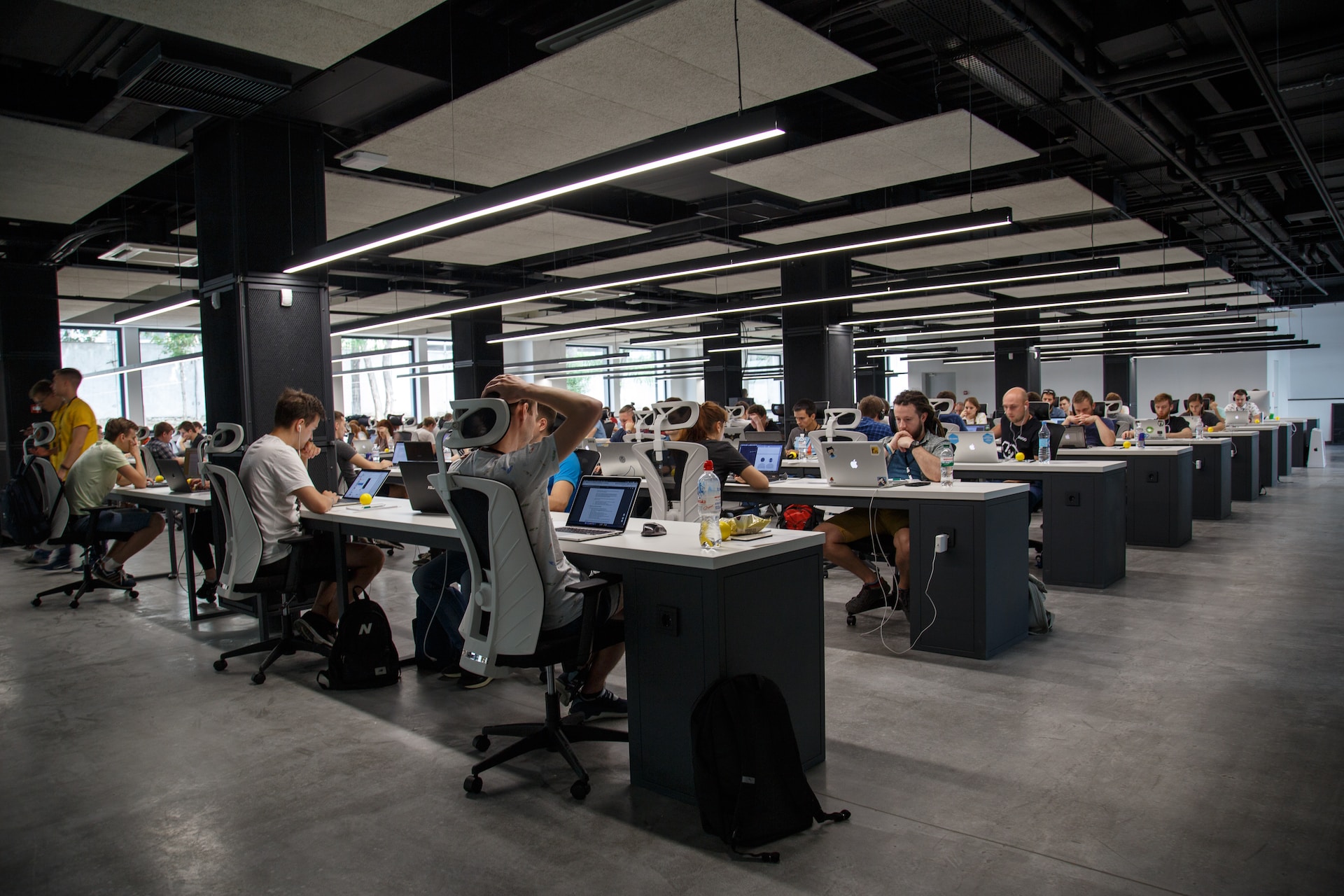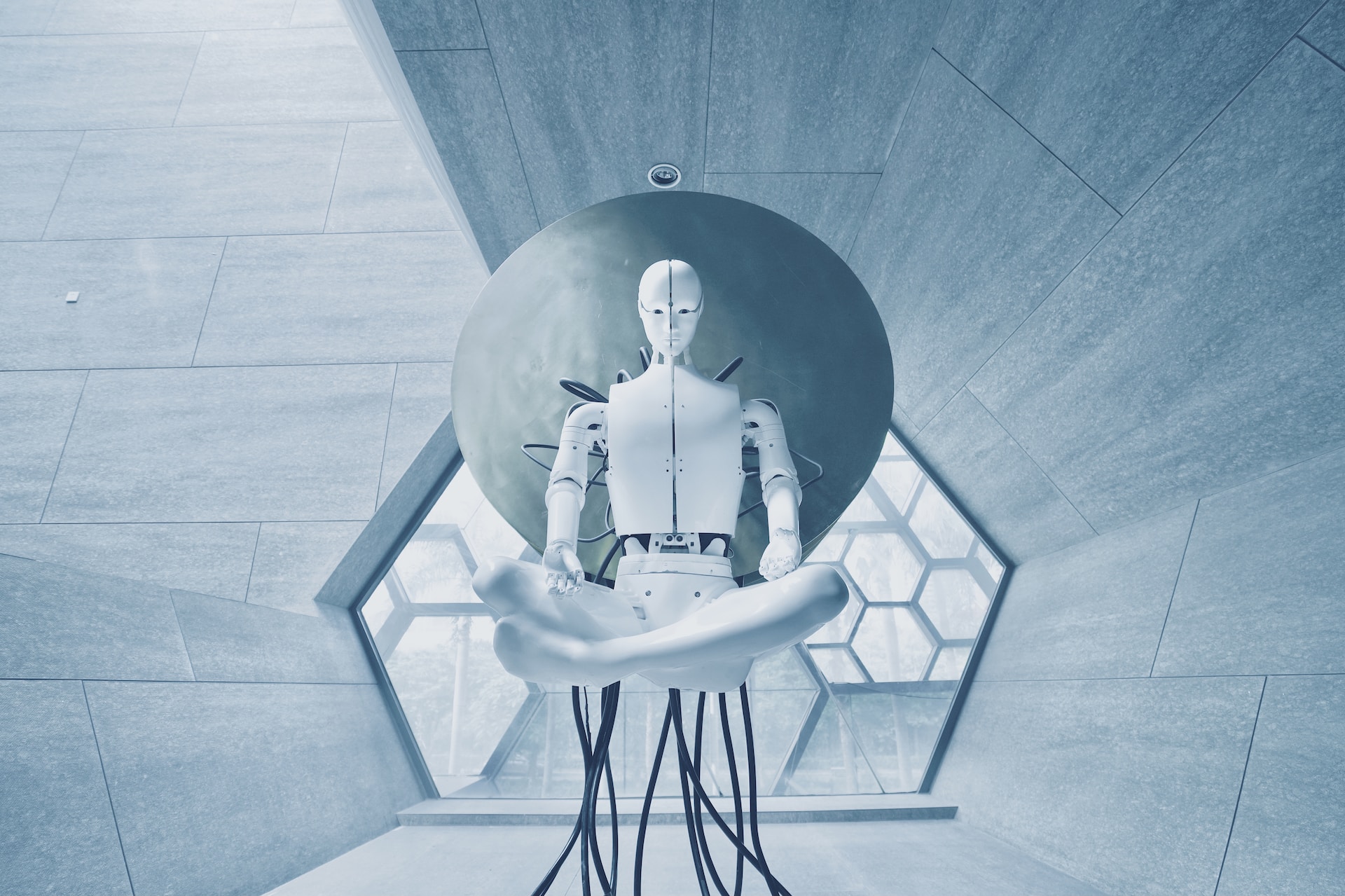The development of Artificial Intelligence (AI) has had a significant impact on the way we work. While AI has opened up a world of opportunities, it has also brought with it several challenges. In this article, we will discuss the opportunities and challenges that AI presents for the future of work.
Introduction
Artificial Intelligence (AI) is a branch of computer science that focuses on the development of intelligent machines that can perform tasks that typically require human intelligence, such as visual perception, speech recognition, decision-making, and language translation. AI has been used in a variety of industries, including healthcare, finance, education, and manufacturing.

The Opportunities of AI in the Future of Work
- Increased Efficiency: AI can automate repetitive tasks and help organizations to complete them quickly and accurately. This means that employees can focus on more strategic tasks that require critical thinking and problem-solving.
- Improved Accuracy: AI can analyze data and provide insights that are accurate and reliable. This helps organizations to make informed decisions that are based on data, rather than intuition.
- Enhanced Customer Service: AI can be used to provide personalized customer service, including chatbots, voice assistants, and other AI-powered tools that can provide real-time support and assistance.
- New Job Opportunities: While AI may replace some jobs, it will also create new job opportunities, particularly in the areas of data analysis, AI development, and maintenance.
- Increased Safety: AI can be used to enhance workplace safety, particularly in high-risk industries such as construction, mining, and manufacturing.
The Challenges of AI in the Future of Work
- Job Displacement: AI may replace some jobs that are repetitive and require minimal human interaction. This could result in job displacement and unemployment.
- Skills Gap: As AI becomes more prevalent in the workplace, there may be a skills gap, particularly in industries that are slow to adopt new technologies.
- Data Privacy: The use of AI raises questions about data privacy and security. Organizations must ensure that they are collecting and using data in an ethical and responsible manner.
- Bias: AI algorithms are only as unbiased as the data they are trained on. If the data used to train AI is biased, then the AI will be biased as well.
- Human-AI Collaboration: As AI becomes more prevalent in the workplace, there will be a need for humans to collaborate with AI. This will require new skills and training for employees.

Conclusion
AI presents both opportunities and challenges for the future of work. While it has the potential to improve efficiency, accuracy, and customer service, it also raises questions about job displacement, skills gaps, data privacy, bias, and human-AI collaboration. It is essential for organizations to approach the use of AI in the workplace in an ethical and responsible manner.
More on this? See also Prompt Engineer in AI: The Job of the Future
FAQs
- Will AI replace all jobs in the future? No, AI will not replace all jobs in the future. While it may replace some jobs, it will also create new job opportunities.
- How can organizations ensure that they are using AI ethically and responsibly? Organizations can ensure that they are using AI ethically and responsibly by collecting and using data in an ethical manner, avoiding bias in AI algorithms, and providing training for employees to collaborate with AI.
- How will AI impact workplace safety? AI can be used to enhance workplace safety, particularly in high-risk industries such as construction, mining, and manufacturing.
- What is the skills gap, and how will AI impact it? The skills gap refers to the difference between the skills that are required in the workforce and the skills that employees possess. AI may impact the skills gap by creating a need for new skills and training in industries that are slow to adopt new technologies.
- Can AI completely replace human workers in certain industries? AI has the potential to automate many tasks traditionally performed by humans, but it is unlikely to completely replace human workers in most industries. AI will likely augment human capabilities and create new job opportunities.
- How can businesses prepare their employees for the integration of AI in the workplace? Businesses can prepare their employees for the integration of AI by investing in training programs to help them learn new skills and understand how to work with AI systems. They can also communicate openly and transparently with their employees about the impact of AI on the business.
- What are some ethical concerns surrounding the use of AI in the workforce? Some ethical concerns surrounding the use of AI in the workforce include issues around bias and discrimination, privacy, and the impact of automation on employment. It is important for businesses to consider these concerns and work to mitigate any potential negative impacts.
- Can AI help to eliminate bias and discrimination in hiring practices? AI has the potential to help eliminate bias and discrimination in hiring practices by removing human bias from the hiring process. However, it is important to ensure that AI algorithms are designed and tested to ensure that they are fair and do not perpetuate bias.
- Will the use of AI lead to increased unemployment and job loss? The use of AI will likely lead to job displacement and a shift in the types of jobs available, but it is unlikely to lead to widespread unemployment. New job opportunities will be created to support the development, implementation, and maintenance of AI systems.
- How can governments regulate the use of AI in the workforce to protect workers’ rights? Governments can regulate the use of AI in the workforce by creating laws and regulations to ensure that AI is used ethically and responsibly. They can also invest in education and training programs to help workers learn new skills and adapt to the changing nature of work. Additionally, they can work with businesses to ensure that the impact of AI on workers’ rights is considered and addressed.


No responses yet